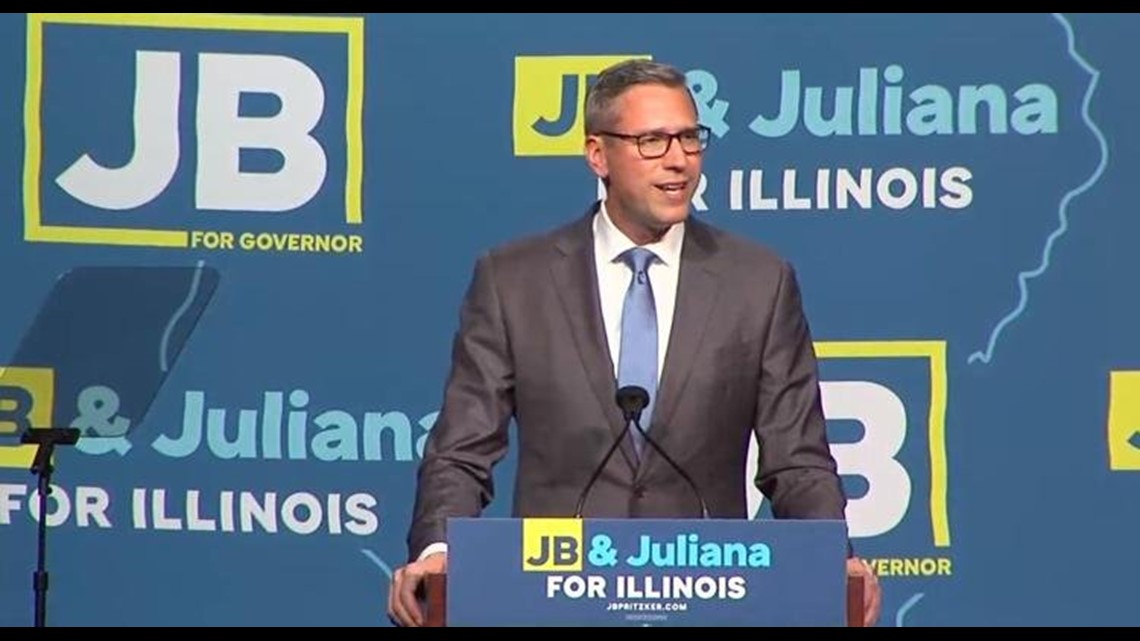SPRINGFIELD (Illinois News Network) — As other states look at upping financial literacy requirements, should Illinois high schools require students to learn basic budgeting before getting a diploma?
Just this month, lawmakers in Florida introduced a bill that would require all students to take a class on basic skills, like how to save money and apply for loans. A new bill in South Carolina would make passing a financial literacy test a graduation requirement.


Starting in 2017, Illinois State Treasurer Michael Frerichs’ office has partnered with Econ Illinois, a nonprofit affiliated with Northern Illinois University, to create the first ever standards-based financial literacy curriculum for grades 1-8 in Illinois. According to spokesman Greg Rivara, grades 1-3 currently are online at the treasury’s website. Grades 4-8 will be available shortly.
The state does not require standardized testing on the topic.
Dr. Linda Simpson teaches financial literacy curriculum at Eastern Illinois University. She said many students in her class don’t have a solid grasp on their finances.
“In their freshman year of college when the students are on their own for the first time without parents,” she said. “In tracking expenses, it’s one of my favorite assignments because they’re like ‘I had no idea how much I spend per month.’ ”
A recent University of Illinois study found more than a third of the students they surveyed were considered “financially at-risk” because they lacked money management skills.
Adults without these financial skills end up costing taxpayers more than a mandatory class, Simpson said.
“It’s not going to do anybody any good if these adults are in debt up to their eyeballs,” she said. “Then, taxpayers are taking care of them in helping them manage their needs.”
One reason some students may miss out on learning financial skills is that they are forgoing summer jobs for extracurricular sports.
“Kids are doing that more and more; getting into these busy schedules,” Simpson said.
While she was in favor of continued financial education classed throughout the K-12 curriculum, Simpson maintained that the best teacher for financial literacy is a parent.



